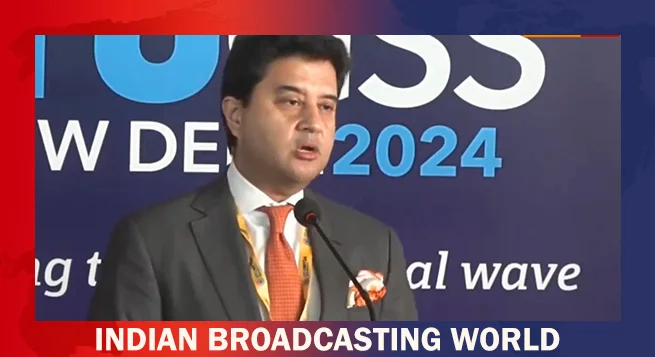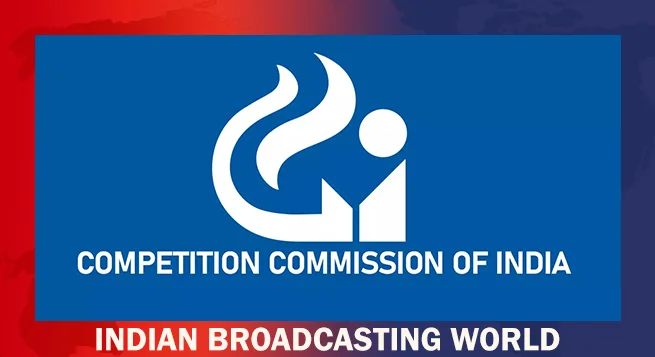An Indian chamber of commerce, Ficci, has said that while there is hardly “any market for local manufacturing” of the broadcasting equipment, it should be a focus area that should keep evolving as technology marches globally.
“The idea is to promote manufacturing, which can keep pace with evolving technologies and meet global standards when it comes to equipment quality and backend and backup services,” Ficci said in its submission on a Telecom Regulatory Authority of India (TRAI) consultation paper on ‘Promoting Local Manufacturing in the Television Broadcasting Sector’.
It added that there was “adequate opportunity, market and demand” for local manufacturing of TV broadcasting equipment like headend, backhaul transmission, etc.
However, Ficci also highlighted a lacunae in the Indian industry, adding that foreign companies could be invited to collaborate with their Indian counterparts, taking advantage of the ‘Make In India’ initiative of the government.
“In our view, Indian manufacturers lack adequate capabilities to meet the broadcasting equipment demand of Indian cable TV sector and there are hardly any manufacturers of compression, radio frequency, CAS, etc.
“It would, therefore, be advisable to invite foreign manufacturers who can collaborate with Indian partners subject to sharing of technical know-how and availing suitable ‘Make in India’ benefits. These may include tax related concessions, guaranteed employment opportunities and overall contribution to the economy and growth in GDP.”
It has also listed some of the reasons for the limited market share as lack of capacity, lack of technical know-how, equipment manufacturing, lack of subsidies and procurement not being cost effective.
“To promote adequate competition, we must encourage more manufacturers to come and compete. The domestic market should be encouraged to have tie ups with global partners and market leaders,” Ficci said.
“We must promote R&D hubs, which can ensure that quality standards and technological advancements are adequately met. Obsolete technologies should be discontinued at the earliest possible time. The equipment which they manufacture has to (be) future ready and must be permitted to be manufactured/produced on the pre-condition that the same can be achieved,” Ficci said.
It suggested that it was important to “learn lessons from the past” and to gain from the experiences especially from the point when digitization was announced and directed to be implemented in a time bound manner.
“Many of the DPOs who took the initiative ended up with sub- standard STBs and suffered from technical glitches. In other words, any proposal or mandate, which promotes local manufacturing, must first ensure that the same is able to meet the global standards and compete with them. The objective should be not only to cater to needs of local market, but to be the ‘preferred choice’ of the global customers,” it suggested.
 Will BCCI ban tobacco, alcohol, crypto promotions during IPL?
Will BCCI ban tobacco, alcohol, crypto promotions during IPL?  Goafest returns to Goa this year in May
Goafest returns to Goa this year in May  Top India Ministers pitch WAVES ’25 to foreign envoys in New Delhi
Top India Ministers pitch WAVES ’25 to foreign envoys in New Delhi  JioStar secures 20 top brands for TATA IPL 2025
JioStar secures 20 top brands for TATA IPL 2025  Telecom Minister Scindia bats for need of satellite internet
Telecom Minister Scindia bats for need of satellite internet  ConfirmTkt renews RCB partnership ahead of IPL start
ConfirmTkt renews RCB partnership ahead of IPL start  India antitrust body raids offices of global ad agencies, IBDF
India antitrust body raids offices of global ad agencies, IBDF  Moneycontrol Global Wealth Summit charts India’s $10 trillion market-cap journey
Moneycontrol Global Wealth Summit charts India’s $10 trillion market-cap journey 









